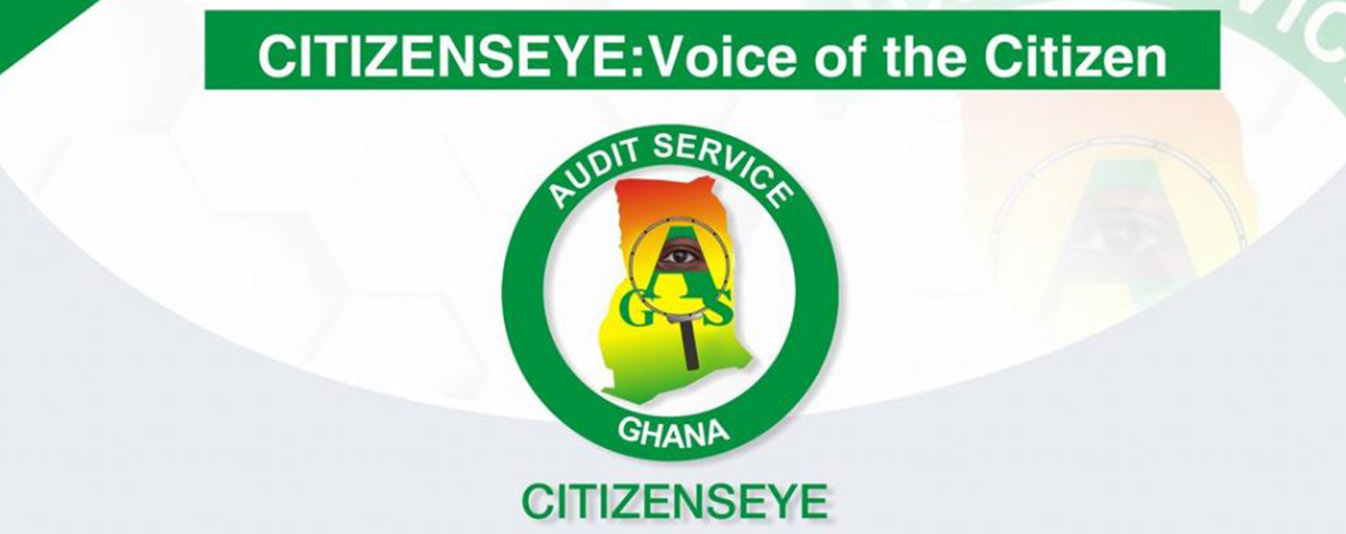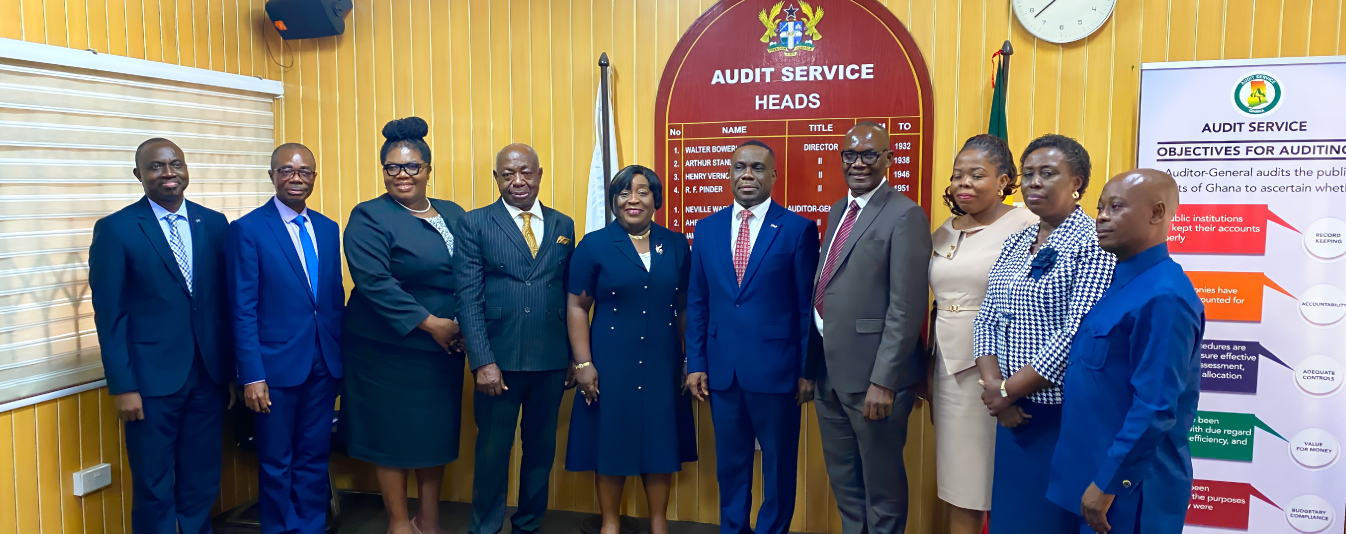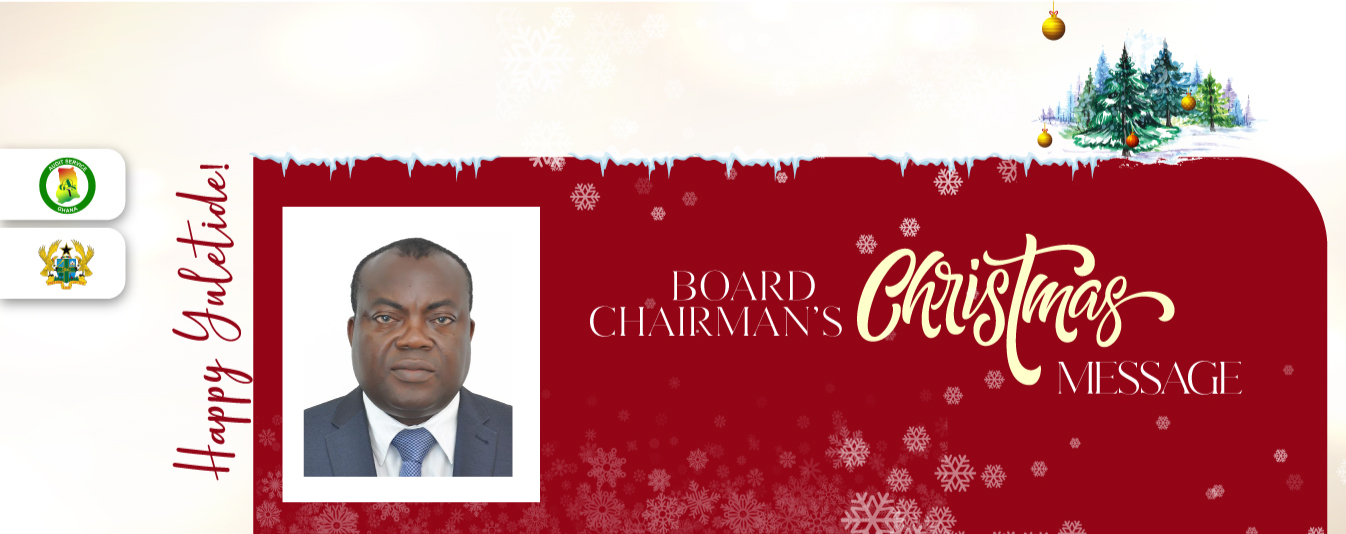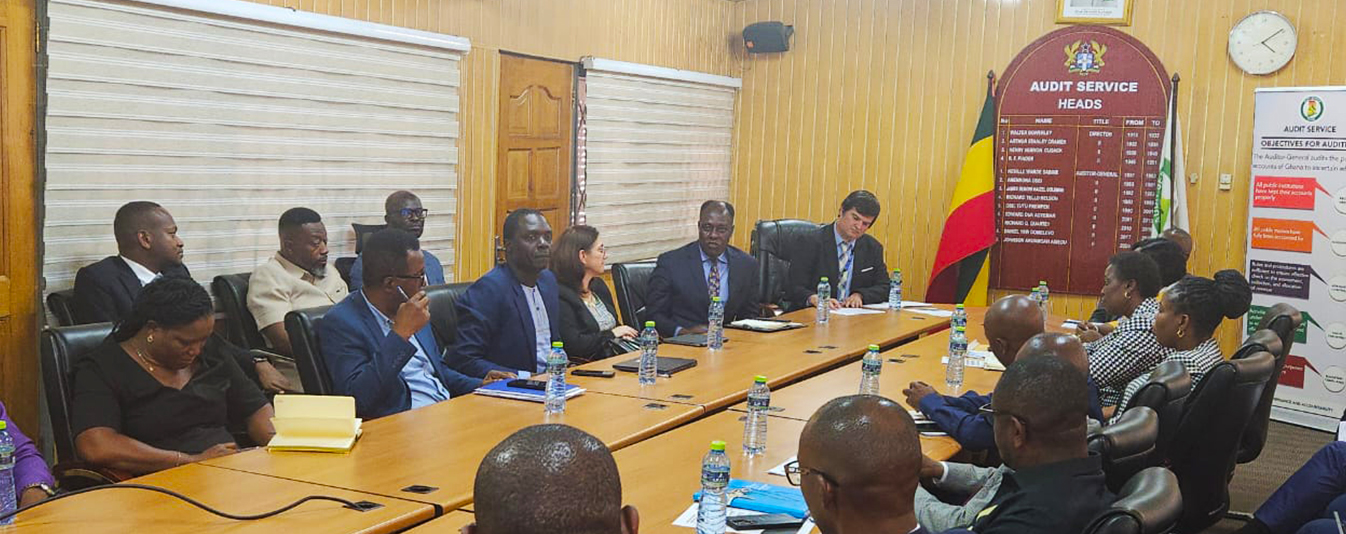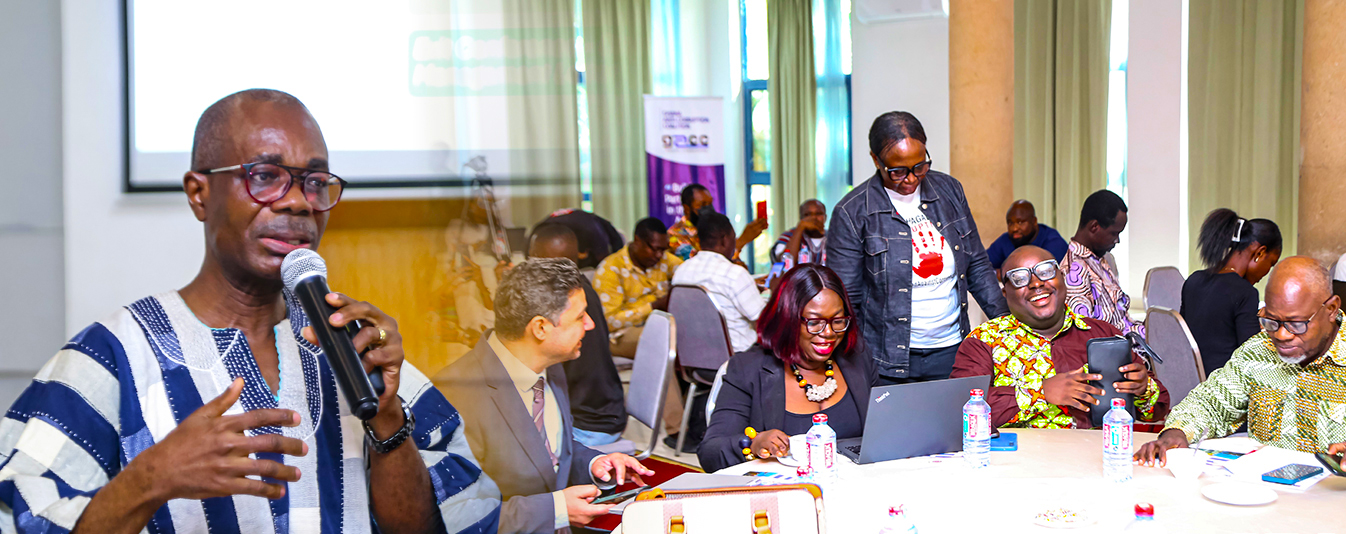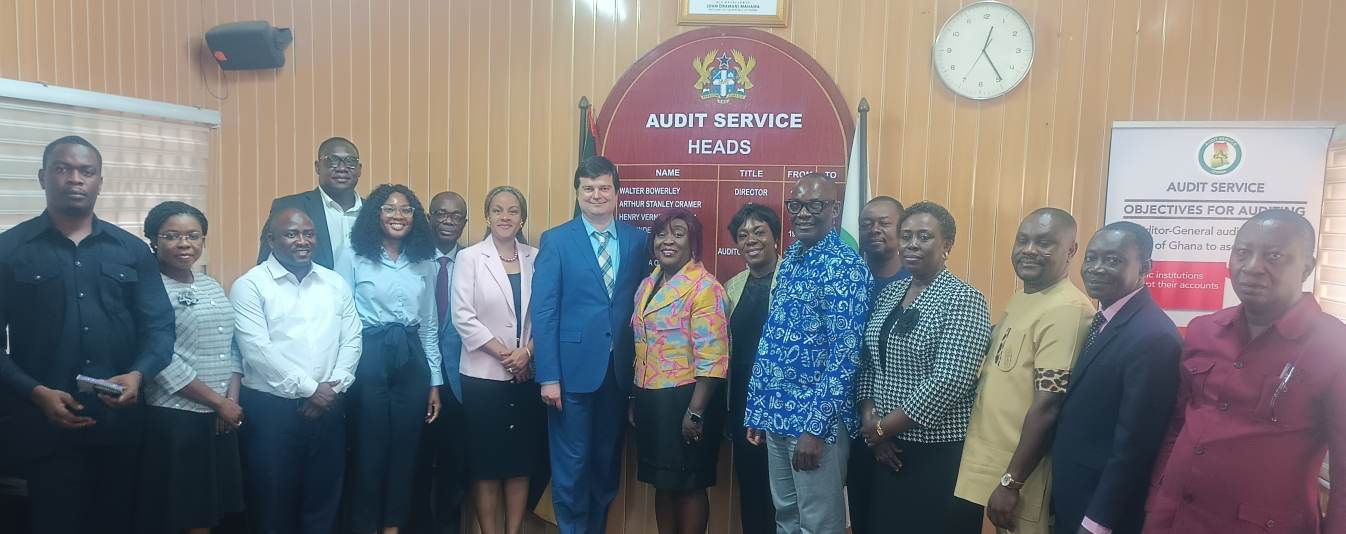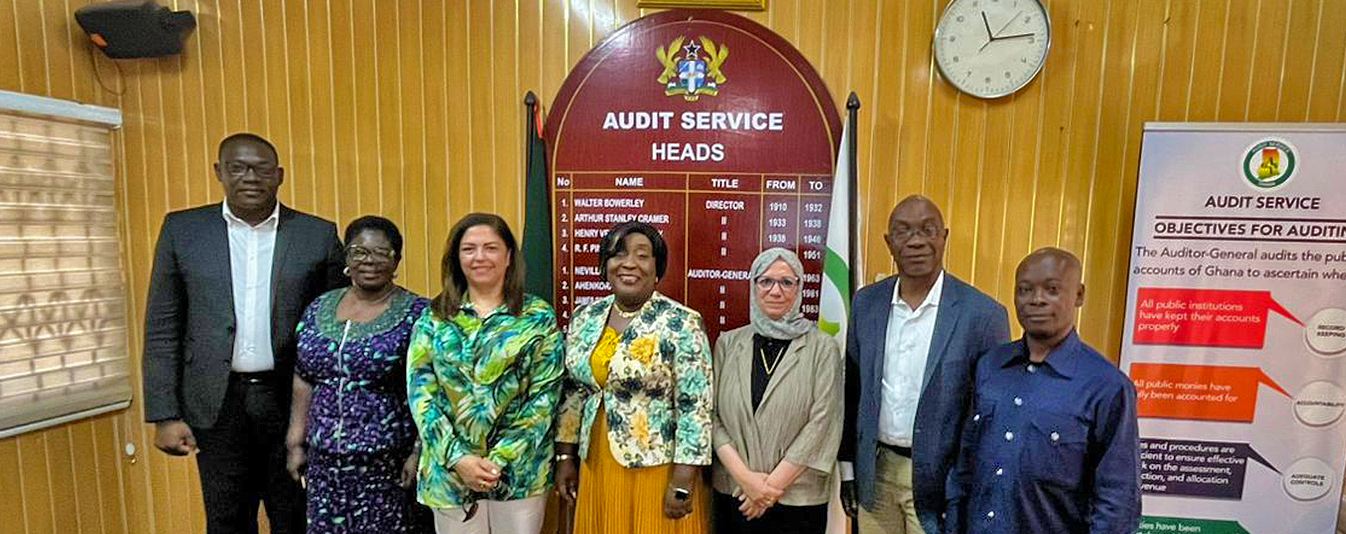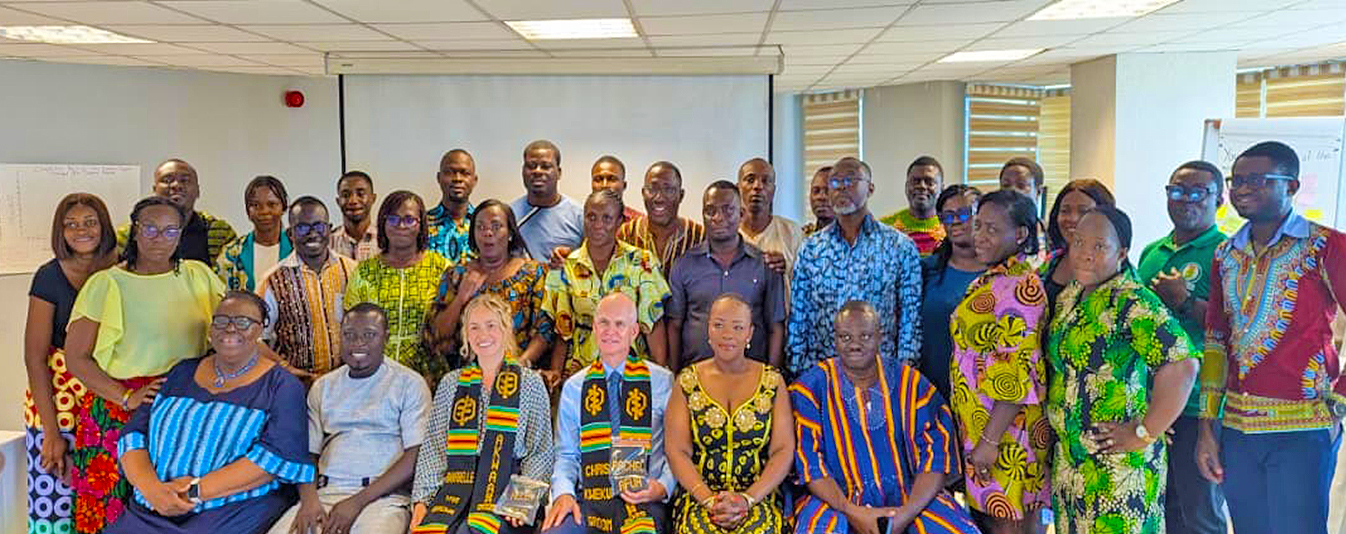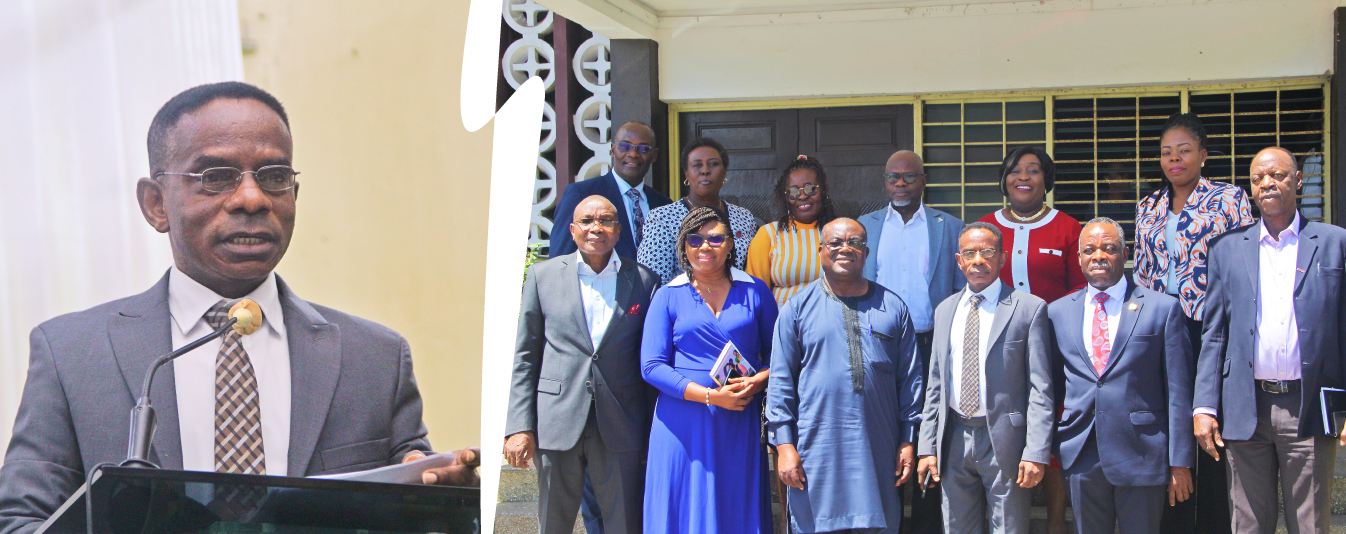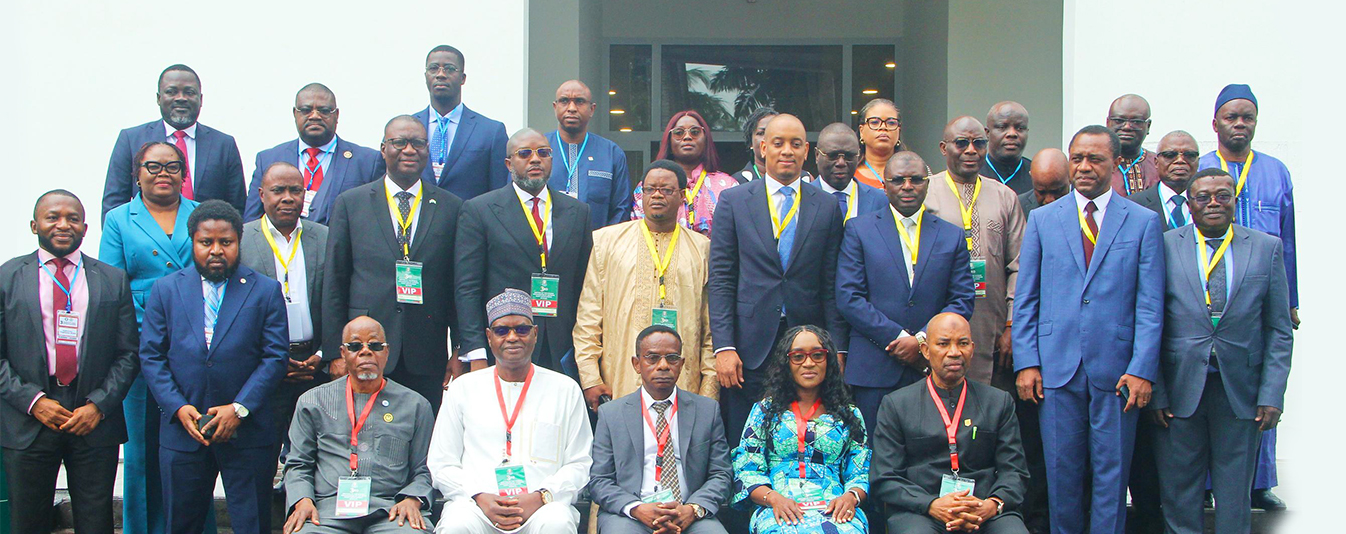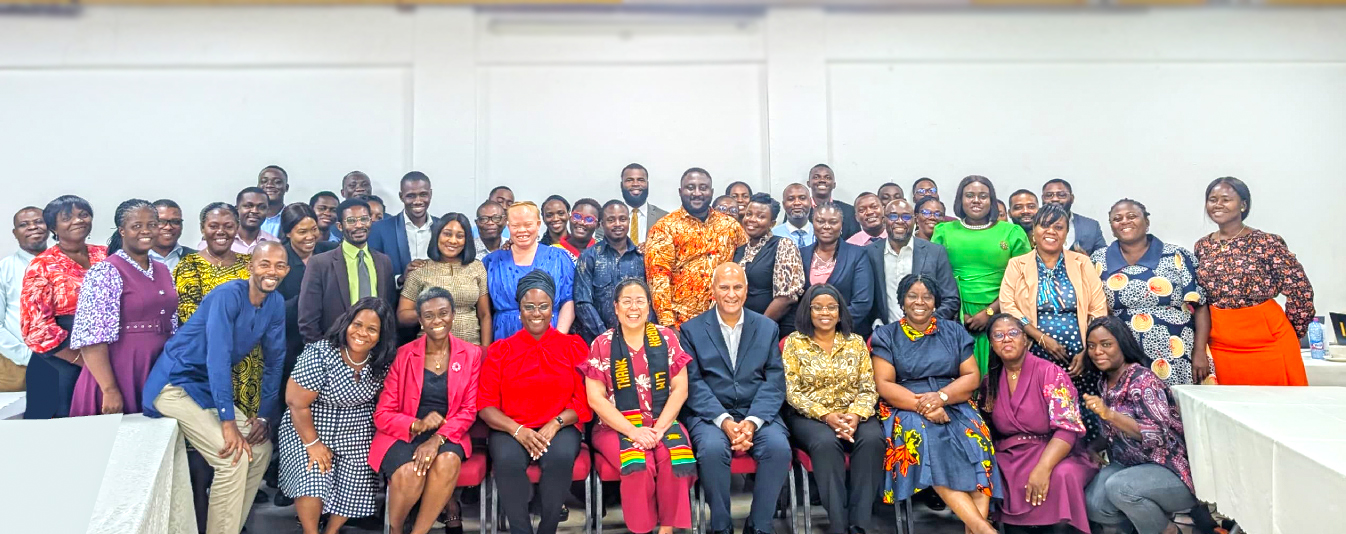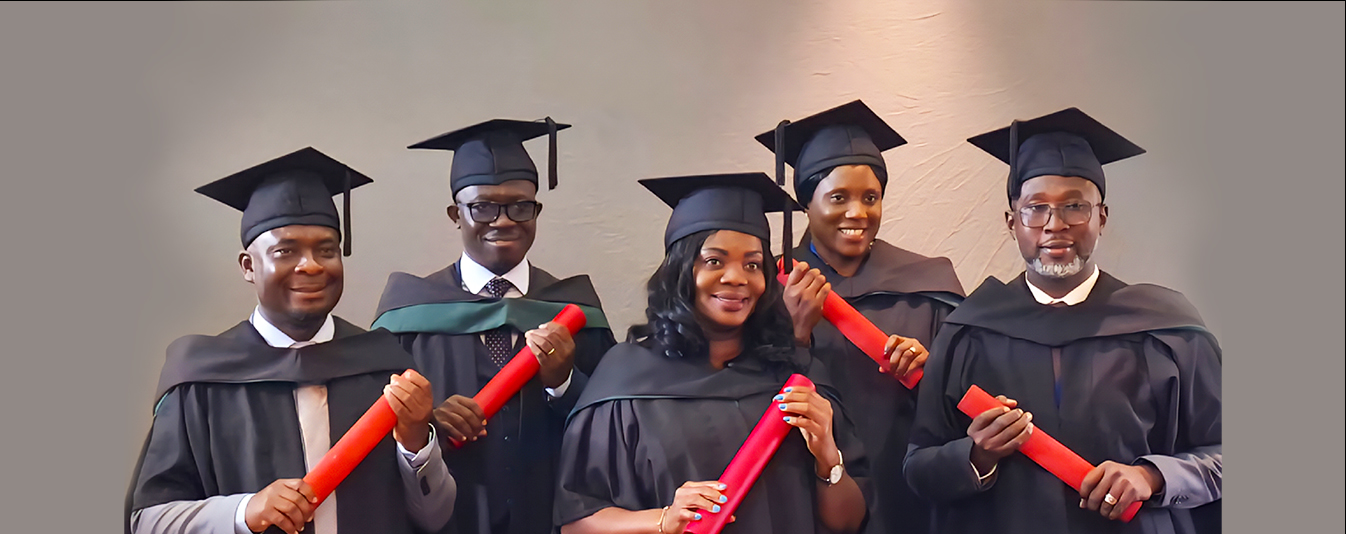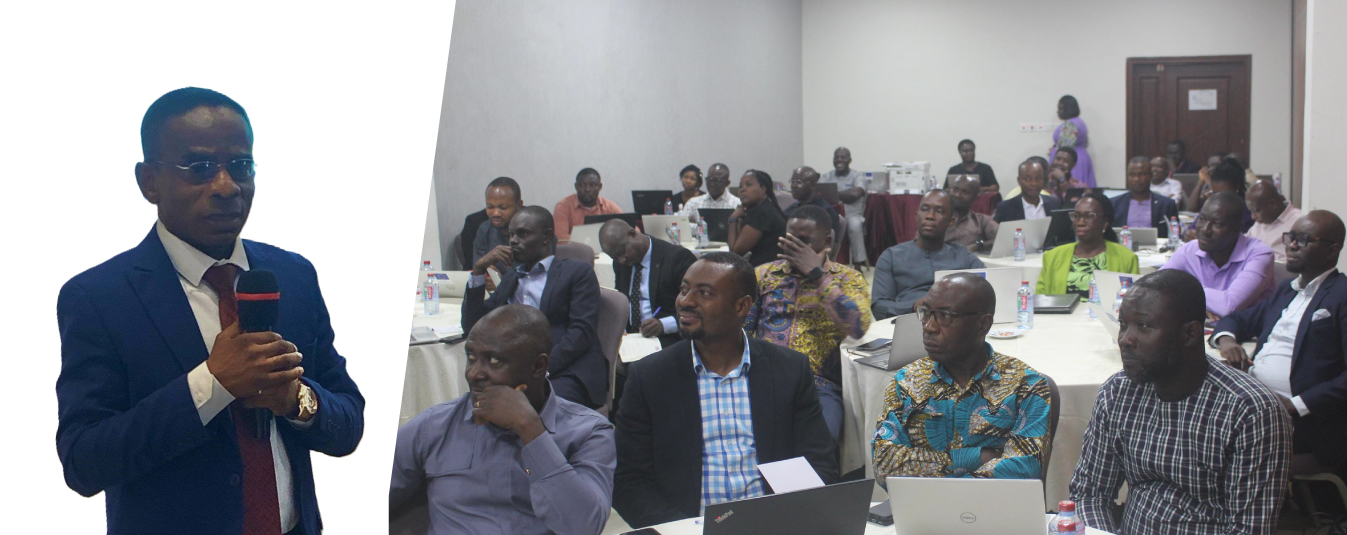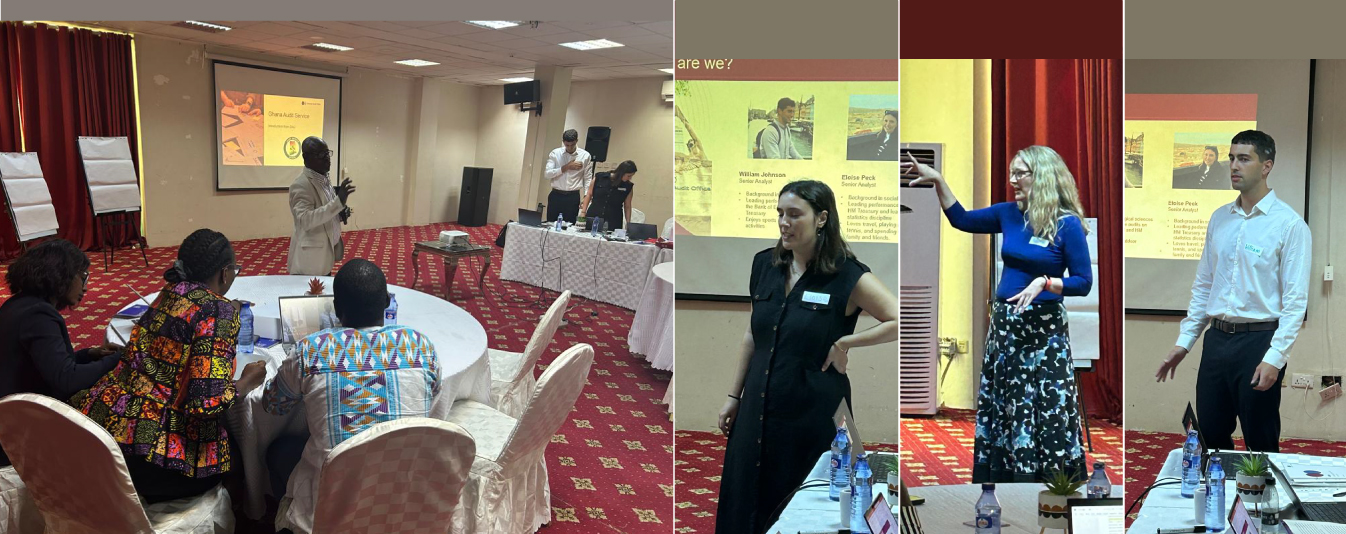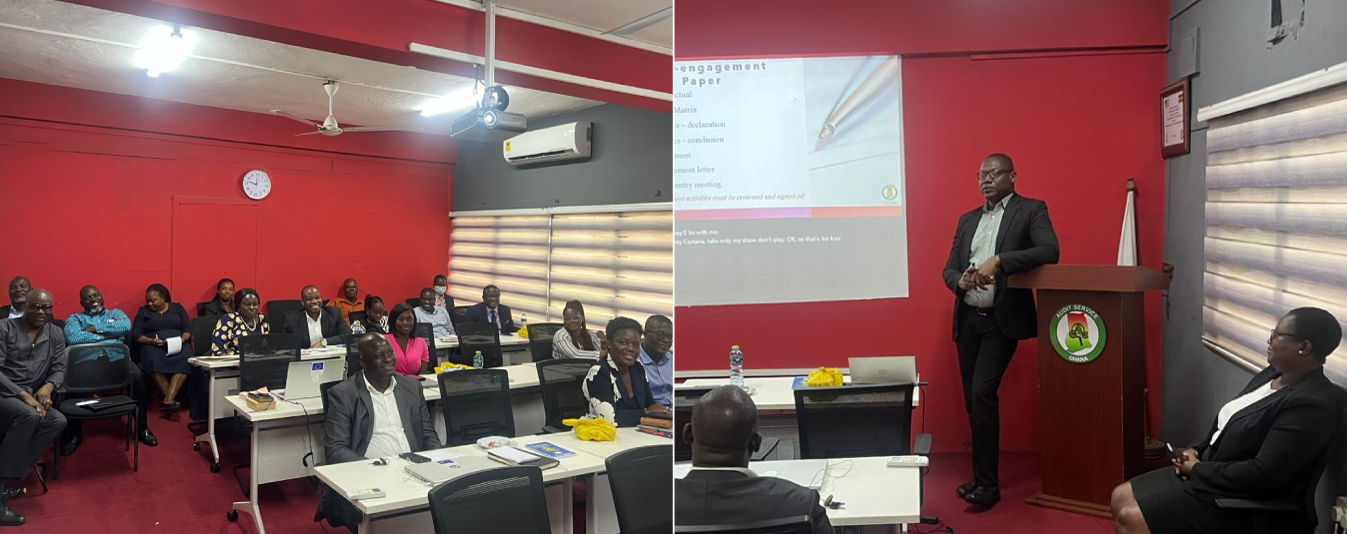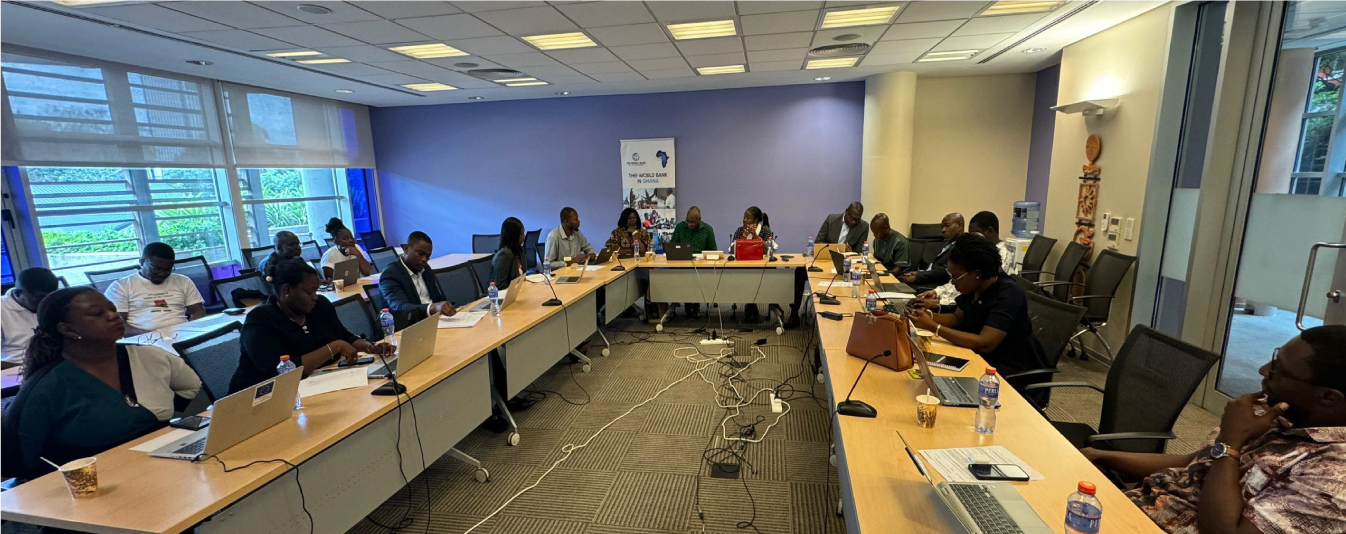Ghana Audit Service has launched a mobile technology application dubbed CITIZENSEYE, to offer Ghanaians and other residents in Ghana the opportunity to engage the Service and make contributions to audit planning and programmes. The mobile App which runs on smart phones and other computer devices is the first of its kind for a Supreme Audit Institution or an Auditor-General’s Office in Africa.
Launching the app, a Deputy Auditor-General at Audit Service in charge of Finance, Administration and Human Resource Development, Mrs. Roberta Assiamah-Appiah said the CITIZENSEYE mobile app was developed for two key reasons. First, to comply with regulation 51 of the Audit Service Regulation 2011, and secondly, to remind citizens that promoting accountability and transparency is a shared responsibility.
She noted that “many people have very useful information that could help reduce if not eliminate the abuse of public resources but lack the confidence to bring such information to the attention of the appropriate entities. Others are also willing to share vital information but the appropriate avenue to channel the issues is unavailable. The CITIZENSEYE MOBILE APP addresses these challenges because it serves as a channel to provide information to the Ghana Audit Service without victimization”.
Mrs. Assiamah-Appiah, who represented the Auditor-General, Mr. Daniel Domelevo, disclosed that the Ghana Audit Service “has been exploring ways of improving the involvement of stakeholders” in the audit processes with the view to have greater impact on the people of Ghana.
She indicated that the CITIZENSEYE is one key solution to citizens’ participation in auditing. The application will forge a common alliance among stakeholders and offer the citizens of Ghana a special opportunity to provide information on services and issues relating to public service delivery. “The views and concerns of stakeholders will help shape audit risk assessment procedures and improve audit quality” she posited.
On his part, Mr. Tassilo von Droste, Deputy Programmes Director of Good Financial Governance at GIZ (Africa Programmes), said citizens of every nation would be willing to pay taxes if they can be assured that their taxes would be used for their good. Citizens want assurance that taxes would be used efficiently and effectively. He said “taxes are the bedrock of a functioning society. They allow governments to build schools, to equip hospitals with beds, and to develop infrastructures: roads, bridges, dams. Imagine how costly it would be if each of us had to build our own roads, our own schools? By paying taxes, we build our communities. We give government the authority to use a part of our income to serve us all”.
In his view, the challenge lies in “poor service delivery issues such as power cuts, illegal waste dumping, water leakages, and potholes. This has resulted in lost trust in public authorities”. He said: “People complain, yet rarely engage. This disgruntlement, this disengagement is a risk for society. It erodes the social fabric of our societies and allows for extremism to proliferate”.
He said GIZ offered to support Ghana Audit Service with their “innovation fund” which focuses on piloting digital solutions in partner countries due to the leadership and innovation of the Auditor-General, Mr. Daniel Domelevo. He disclosed that GIZ is honoured to support Ghana Audit Service: because “it is reaching out and listening to citizens in order to serve them better through innovation”.
In her opening remarks, the Executive Director of Ghana Integrity Initiative, Mrs. Linda Ofori-Kwafo, who chaired the ceremony, commended the Service for taking the bold step to engage citizens in audit planning through the CITIZENSEYE mobile app. She pledged the support of civil society groups in the country to sensitize Ghanaians to ensure that the mobile app achieves the desired goals.
The CITIZENSEYE mobile application would help auditors from Ghana Audit Service to identify priority audit areas based on data gathered from citizens. The aggregated issues reported will highlight issues that are particularly bother citizens.
The CITIZENSEYE mobile application offers the option to report specific public service delivery failures, such as problems with waste removal, corruption related issues, as well as the possibility to rate specific public service institutions. The app for example contains a list of schools in Ghana. Users can therefore select the school their children attend and give feedback on the quality of school infrastructure, the availability of text books or furniture, teachers’ absenteeism among a host of others.
This differentiated feedback will provide helpful insights to auditors. It will help the auditors to understand which problem is prevalent and where the problems are predominant. The CITIZENSEYE mobile app will map out areas which are most affected by a particular problem.
The more citizens use the app to report issues or rate a service delivery, the more useful the information provided by the app. It is a tool of collective intelligence of all well-meaning citizens and residents in Ghana. The Ghana Audit Service therefore encourage citizens to participate and pool their knowledge to provide auditors with the critical mass of information needed to aid planning of audit programmes. Using CITIZENSEYE would be an act of love for fellow citizens, because if we stay silent, our silence hurts everyone for which reason, we all must speak out.
The CITIZENSEYE app is available at Google play store, app store and on the Audit Service website.

